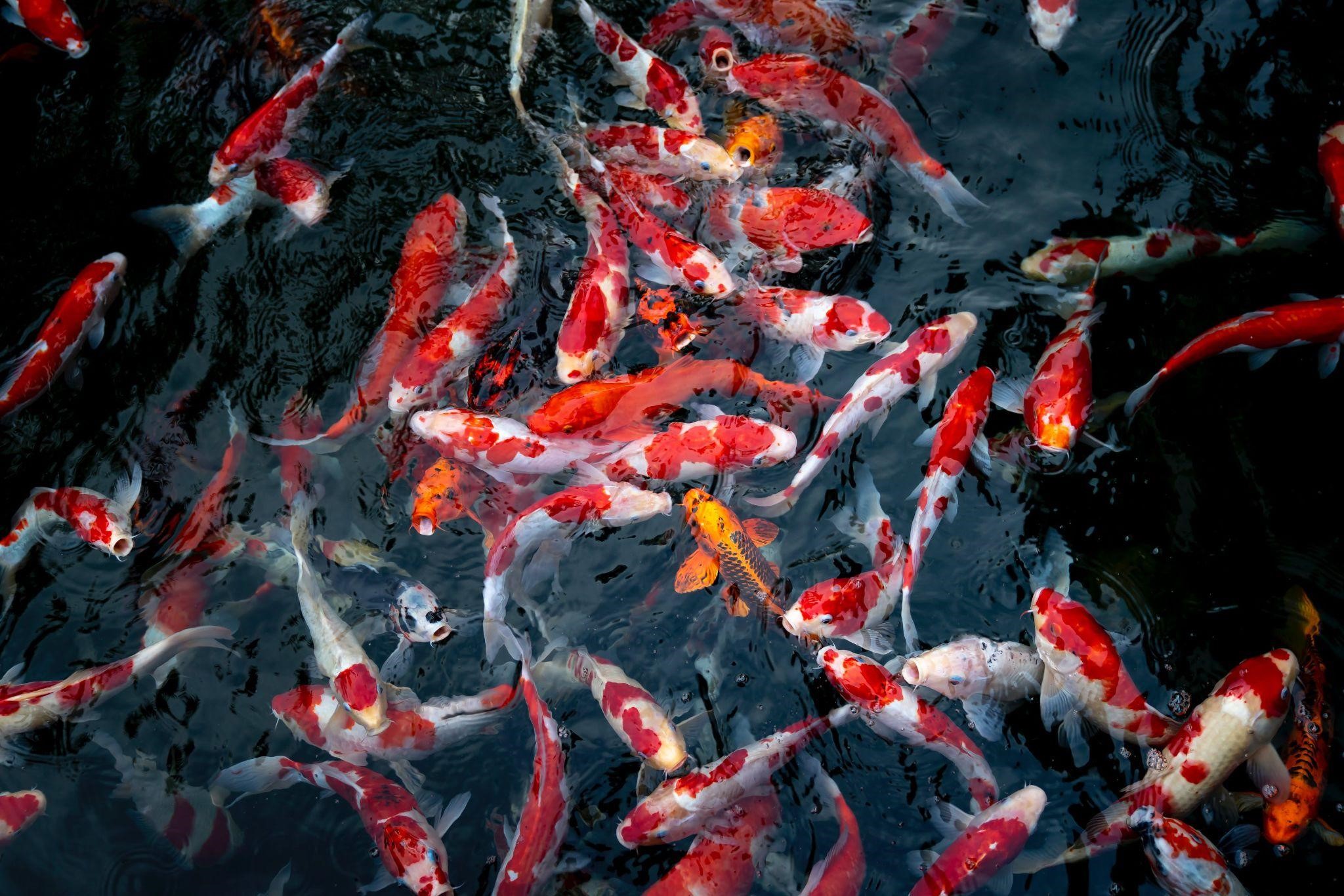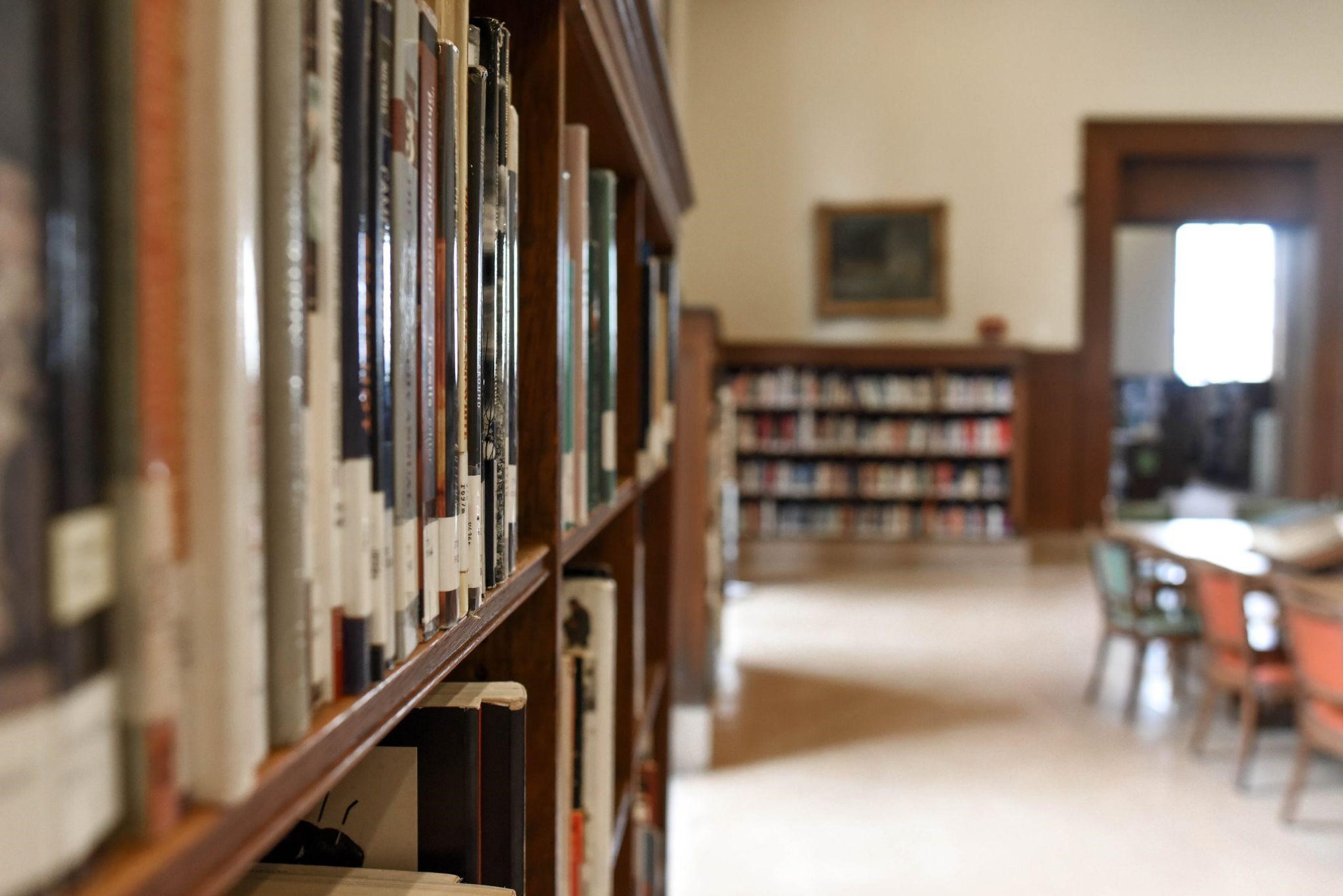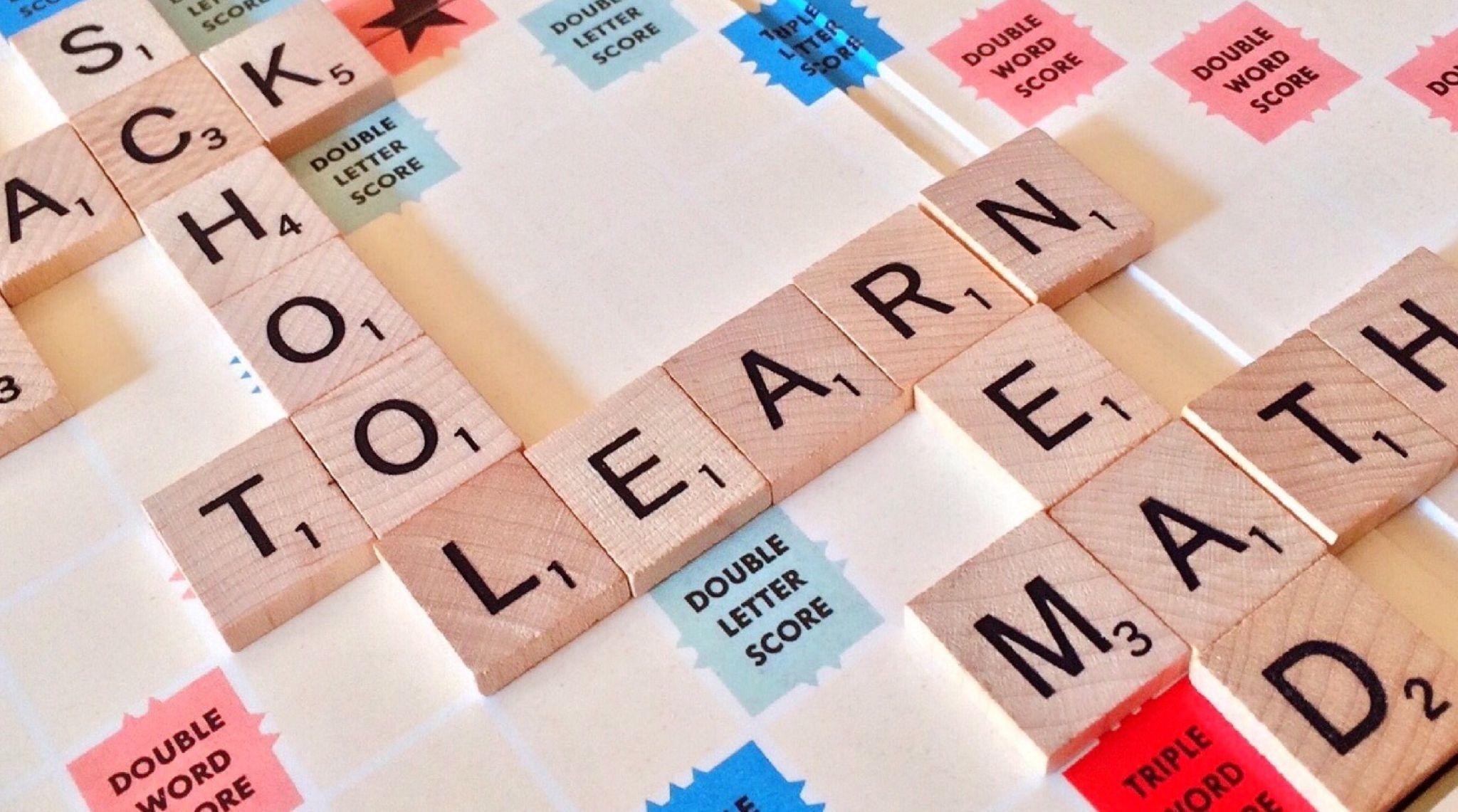Welcome to Labkafe ~ Orientallabs Retail Services Private Limited
The HS Biology exams are right around the corner, and so we are publishing the list of WBCHSE biology practical experiments and demonstrations. The west bengal board biology lab syllabus is published along with the classroom curriculum, which is available as PDF files from the official website of WBCHSE .
Today we will present you the list of biology practicals for classes XI and XII in the west bengal board. Any student of that board can use this curriculum to understand how much they need to learn, and what will be expected from them at the practical exams. Some schools choose to skip over some of these experiments and practices; using this list of practicals you can see which you are missing and practice using Labkafe’s Laboratory Tutorials.

The biology lab curriculum for the Higher Secondary level at west bengal board consists of a total of 34 practicals, 24 in class 11 and 19 in class 12. Among these, each year there should be 60 periods to turn out 30 marks worth of tests ‒ 20 for experiments and spotting, and 5 marks each for project and viva.
Let us go into the list of WBCHSE biology lab practical experiments and exercises.
The syllabus is divided into two parts ‒ experiments and spotting.


The exams being very close, students can definitely find a lot of information from the above West Bengal board biology practical list for classes 11-12. There is a lot to learn in these biology practicals, and your natural curiosity should drive you to complete the course in full. If some of the observations and experiments are not available at your school, you can turn to Labkafe ‒ we have our own practical program.
All of the above experiments and observations are covered in our WBCHSE Biology Lab Package. In it, we provide you with all the laboratory equipment, glassware, samples and consumables that you will need to complete the above WBCHSE biology practical syllabus. This package is available for all bengal board higher secondary schools in the state, in any pincode. We provide free delivery and installation as well.
Labkafe is among the most promising laboratory supplies vendors in India. We manufacture and supply lab equipment, lab furniture, lab consumables, lab glassware, lab machines and more! Not only we manufacture lab items, we export to international resellers too. We fulfill CBSE ICSE ISC IGCSE IB State board affiliation requirements for schools by providing affiliation packages to schools. Our featured products are:
Chosen by over 1200 schools, colleges, universities, research labs, government agencies and private companies to build or renovate their laboratories, Labkafe stands as your best friend when it comes to labs. We are also a registered OEM on GeM. Our clients love us because we provide the best quality of lab products, free demos, free installation, and support for ever.
Do you wish to experience excellence too? Why not contact us today at [email protected], or call 9147163562 directly ‒ we are always available to serve. You can also use the chat button in the corner to connect to one of our representatives instantly!
Jun 09, 2022 by Swarna Karmakar
Jun 04, 2022 by Swarna Karmakar